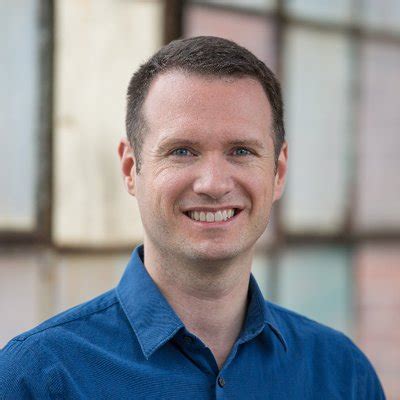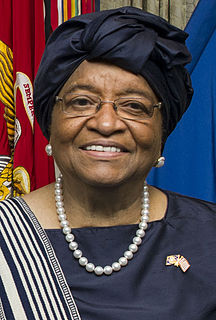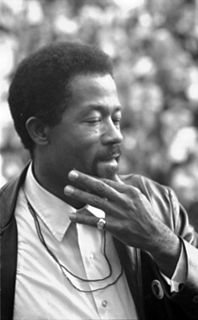A Quote by Henri Nouwen
When we have sold our identity to the judges of this world, we are bound to become restless, because of a growing need for affirmation and praise.
Related Quotes
Let us turn our thoughts today to Martin Luther King and recognize that there are ties between us, all men and women living on the Earth. Ties of hope and love, sister and brotherhood, that we are bound together in our desire to see the world become a place in which our children can grow free and strong. We are bound together by the task that stands before us and the road that lies ahead. We are bound and we are bound.
Diversity on the bench is critical. As practitioners, you need judges who 'get it!' We need judges who understand what discrimination feels like. We need judges who understand what inequality feels like. We need judges who understand the subtleties of unfair treatment and who are willing to call it out when they see it!
By our uncritical pursuit of relevance we have actually courted irrelevance; by our breathless chase after relevance without a matching committment to faithfulness, we have become not only unfaithful, but irrelevant; by our determined efforts to redefine outselves in ways that are more compelling to the modern world than are faithful to Christ, we have lost not only our identity but our authority and our relevance. Our crying need is to be faithful as well as relevant
All third world literature is about nation, that identity is the fundamental literary problem in the third world. The writer's identity is insecure because the nation's identity is not secure. The nation doesn't provide the third world writer with a secure identity, because the nation is colonized, it's oppressed, it's part of somebody else's empire.
The identity of just one thing, the "clash of civilization" view that you're a Muslim or a Hindu or a Buddhist or a Christian, I think that's such a limited way of seeing humanity, and schools have the opportunity to bring out the fact that we have hundreds of identities. We have our national identity. We have our cultural identity, linguistic identity, religious identity. Yes, cultural identity, professional identity, all kinds of ways.
In the increasingly mechanized, automated, cybernated environment of the modern world a cold, bodiless world of wheels, smooth plastic surfaces, tubes, pushbuttons, transistors, computers, jet propulsion, rockets to the moon, atomic energy man's need for affirmation of his biology has become that much more intense.





































